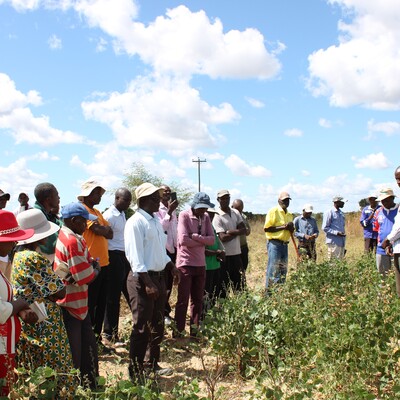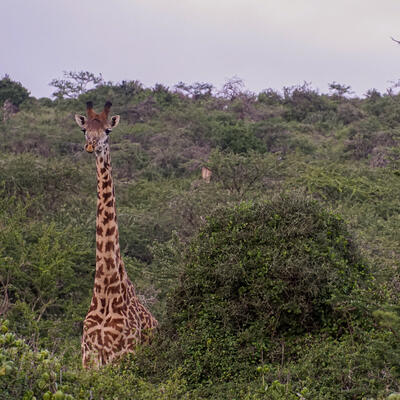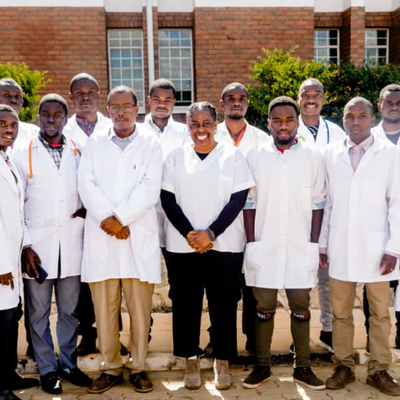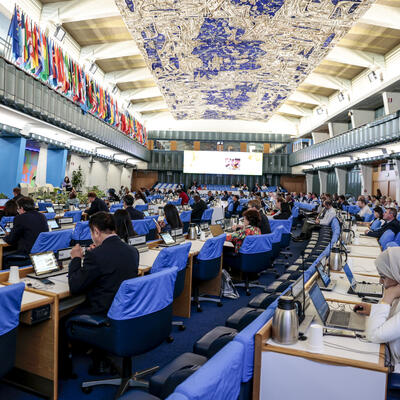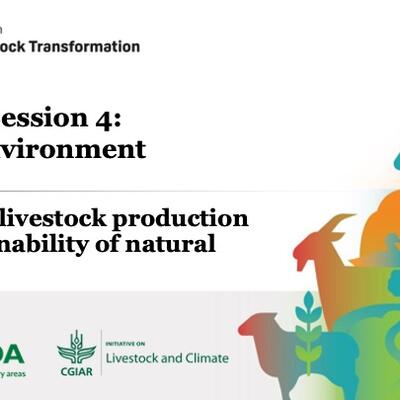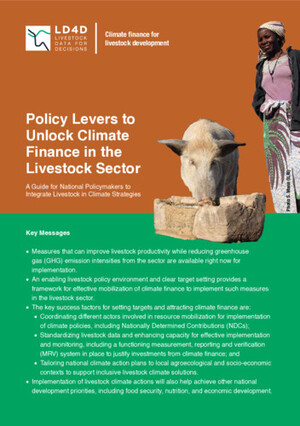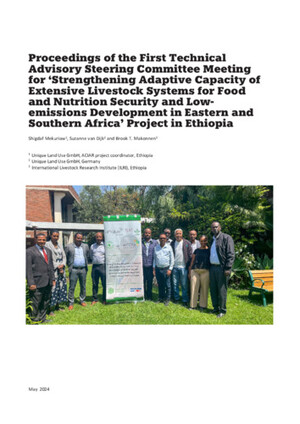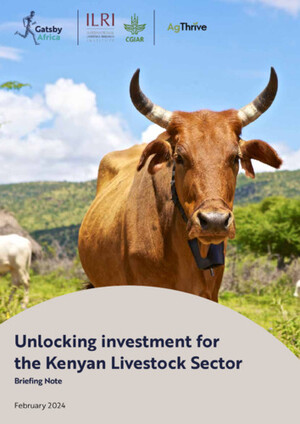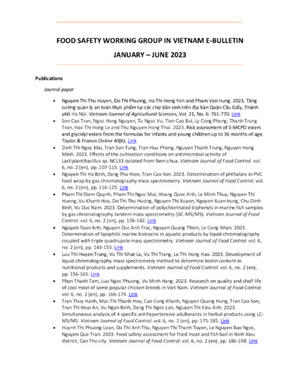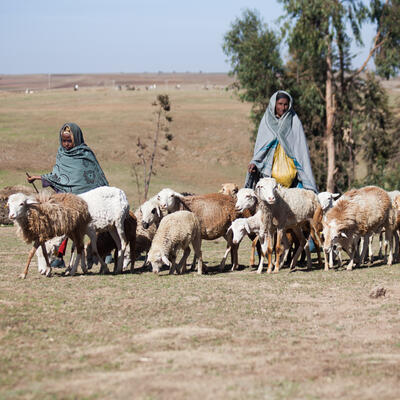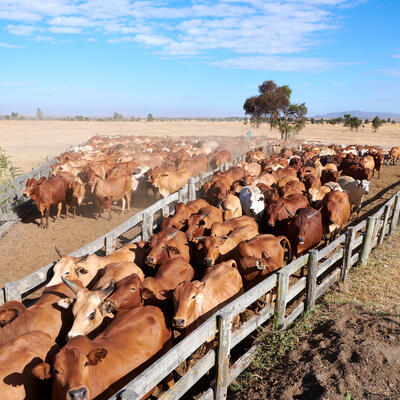
Global action needed to fight the spread of African swine fever

RHoMIS survey by Livestock CRP in Son La Province, Vietnam (photo credit: ILRI/Tu Mai)
African swine fever, an infectious viral disease of domestic and wild pigs, has spread to nearly 51 countries across the globe and continues to wreak havoc with countries facing significant socio-economic losses in the current situation.
The disease, which is caused by African swine fever virus, causes hemorrhagic fever with high mortality rates in domestic pigs. There is no commercially available vaccine against the disease. Even though the virus does not cause disease in humans, it does, however, affect food security and international and national trade opportunities in pig and pig products. Controlling African swine fever would contribute to the Sustainable Development Goals 1 (no poverty) and 2 (zero hunger).
In response to the threat posed by the rapid spread of African swine fever to pig production and food systems in new countries in recent years, the Food and Agriculture Organization of the United Nations (FAO) and the World Organisation for Animal Health (OIE) Global Framework for the Progressive Control of Transboundary Animal Disease (GF-TADs) have called for global action to control the disease.
In July, OIE working in collaboration with FAO launched the initiative for global control of African swine fever through the FAO/OIE Global Framework for the Progressive Control of Transboundary Animal Disease (GF-TAD). This was after an appeal was made at the 87th General Session of the World Assembly of delegates of the OIE in May 2019 by representatives of 182 OIE member and observers from international organizations. The call for action asks for a long-term commitment by the countries affected to address this global disease threat through determined national efforts that require multi-sectoral and multi-institutional cooperation.
Some of the challenges highlighted in the call for action include the need to address inadequate biosecurity measures, human behaviour which increase the risk of spread of the disease in livestock management systems, the lack of an effective vaccine for the control of African swine fever, the need for improved diagnostic tests, and the need for guidelines to tackle new and growing issues to respond to African swine fever outbreaks.
The call also highlights the need to address the knowledge gaps in managing African swine fever through studies to understand the epidemiology of the disease in wild pigs, the role of the tick vector, understanding national and regional pig value chains, effects of African swine fever in pig production systems, the socio-economic impact of the disease and its control measures. For these reasons, affected countries require effective political support by governments and long-term investments from development partners, inclusion of perspectives from various stakeholders, and use of multi-disciplinary approaches adapted to each country’s situation.
Country-level activities will be monitored and evaluated and results generated from the respective countries will and shared in bi-annual monitoring and evaluation reports and on the GF-TAD website, which will be the central reporting mechanisms linked to the FAO and OIE websites. The ultimate goal of this work is to achieve global control of African swine fever. Success will be measured using a combination of criteria including:
- No new countries affected by African swine fever
- Decline in the number of African swine fever cases
- Decline in the number of countries affected by African swine fever
- Reduced losses due to African swine fever
In India, where African swine fever outbreaks have been reported in Assam and Arunachal Pradesh, International Livestock Research Institute (ILRI) scientist , Ram Pritam Deka, has been working with the Government of Assam Animal Husbandry and Veterinary Department to address the recent outbreaks of African swine fever in the northeastern state of India. ‘We are working with the government to carry out epidemiological investigations in domestic and wild pigs in Assam, support biosecurity improvements in small, medium and commercial farms and building capacity to supply quality piglets to smallholders for rejuvenation of the pig subsector after the outbreak.’ Deka is also working with the government of Assam in community awareness campaigns to improve hygiene in smallholder pig systems to reduce the spread of the disease. The government is supplying disinfecting agents to pig producers to enhance hygiene practices in farms.
Read more about the call for global action to stop the spread of African swine fever:
Global control of African swine fever, GF-TADs initiative
Global economic impact of African Swine fever
The role of ticks in the transmission and maintenance of ASF
Read the latest upcoming event information: Global African Swine Fever Research Alliance (GARA)






